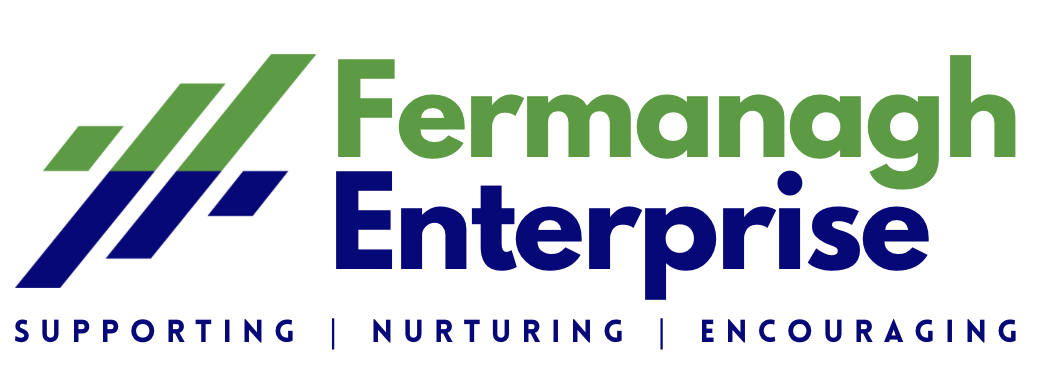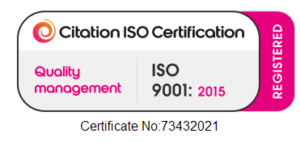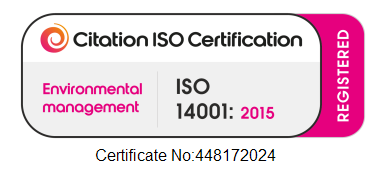The many advantages of building and growing a business based on fulfilling your own needs.
Do you really know your customers?
Researching and talking with people to create customer profiles can only tell you so much. Think of it this way: in my late twenties, I can only learn so much about people 65-years-old and older. Sure, I might understand them well on paper, but I don’t know what it feels like to be in this demographic.
So, if I were to create a product for older people, I’d have to work very hard to understand what my customers really need and want, as I couldn’t intuit it or draw from my personal experience.
Something magical happens when you create a business for a customer base you intrinsically understand – you! Treating yourself as your first customer can save you marketing costs, make sure you start with a solid product offering and much more.
Serve yourself first
In doing my research for this article, I reached out to many entrepreneurs who were their own first customers. In an email conversation with Julie Haught, founder of No Flap Ear Wrap, one thing she said really stuck with me: “I had no intention of creating a business at first.”
Haught explained, “I simply needed a way to protect Archer, my muscular, 65-pound rescue dog, from escaping the bandaging and e-collar he needed to wear for 10 days after ear surgery. When I took him to the vet to have his stitches removed, he was wearing the prototype to the No Flap Ear Wrap. My vet was so impressed that she told me I should put the product on the market.”
Haught’s words resonated with me because they exemplify how important it is to be your own customer first. Thinking about her dog’s needs and her desire to help let her create a useful solution for their situation. She didn’t try to make a business product, she just did what was right for her sanity and her healing dog’s health.
Creating a solution to a problem without worrying about how you’re going to sell and market it can allow you to create something that’s worth a big share of the market.
Reach out to friends second
If you are your company’s first customer, chances are you have friends or family with similar interests who might be customers of your product or service as well. Serving yourself first likely means you will have quick access to other potential customers who can evaluate your business and give you feedback. In other words, your friends can be your focus groups.
When I first heard that friends could be used as focus groups and other tools to collect research, I was sceptical. After all, a group of strangers or participants who don’t know others in the group seems like it’d provide more reliable data.
The study suggests that “friendship groups” can provide valuable data. A friendship group is composed of a single participant who hosts a group of friends in his or her home. The friends invited are chosen because they fit the target population that’s the researcher would like to make inferences about.
In short, a group of your friends can serve as a useful tool that gives you insight into the perceptions, feelings and feedback that your wider customer base might experience. Being able to reliably use friends for a focus group that’s representative of your population is incredible. The time, resources and energy you can save by not needing to find random participants and host them is invaluable.
Don’t forget yourself
After your company is up and running, it’s easy to forget your beginnings. Don’t lose perspective as you grow and scale. This doesn’t mean you can’t pivot, expand or redefine your customer base, but you can’t forget what helped you get started in the first place.
A wonderful example of this comes from Joe Gebbia and Brian Chesky, the creators of Airbnb. During college, the duo rented out air mattresses to monetize unused parts of their living spaces. Today, Airbnb is so much more.
The company is wildly successful around the globe and it’s about to go public. Although the platform now offers much more than air mattress rentals, it hasn’t forgotten its humble beginnings. To this day, Airbnb allows users to monetize their unused living space. It also continues to give customers a way to travel with their budgets in mind.
Another way to think about this is to follow a server’s career trajectory. When he or she goes out to eat, it’s likely that they will be a good tipper because they understand how hard the job can be and how much a good tip can make a server’s day.
However, as the server progresses through his or her career and moves up the ladder, they might lose touch with what it feels like to be a server. If they start to manage, they will likely be looking at more emails, attending more meetings and focusing more on the business.
When the manager goes out to eat, he or she might know that tipping is important. However, it’s easy to forget what it really feels like or how important it is to be tipped well. As your business scales and grows, never forget what it felt like to be your first customer. If you can stay in touch with customer experience, you will continue to provide valuable solutions.
Keep going
Being your own customer is a huge business advantage. Although it’s hard to achieve, if you can build a company around one of your real needs, chances are others will want your products or services, too.
Source: Entrepreneur Europe










